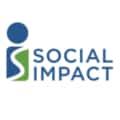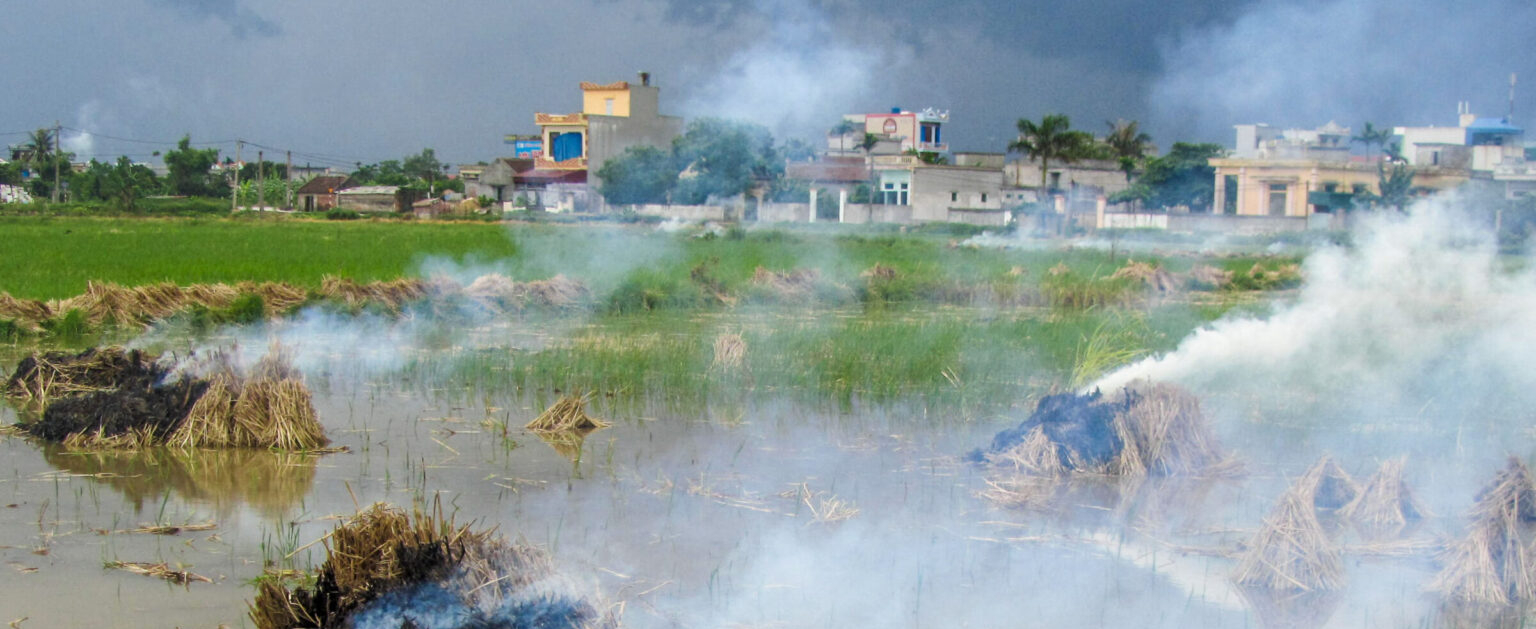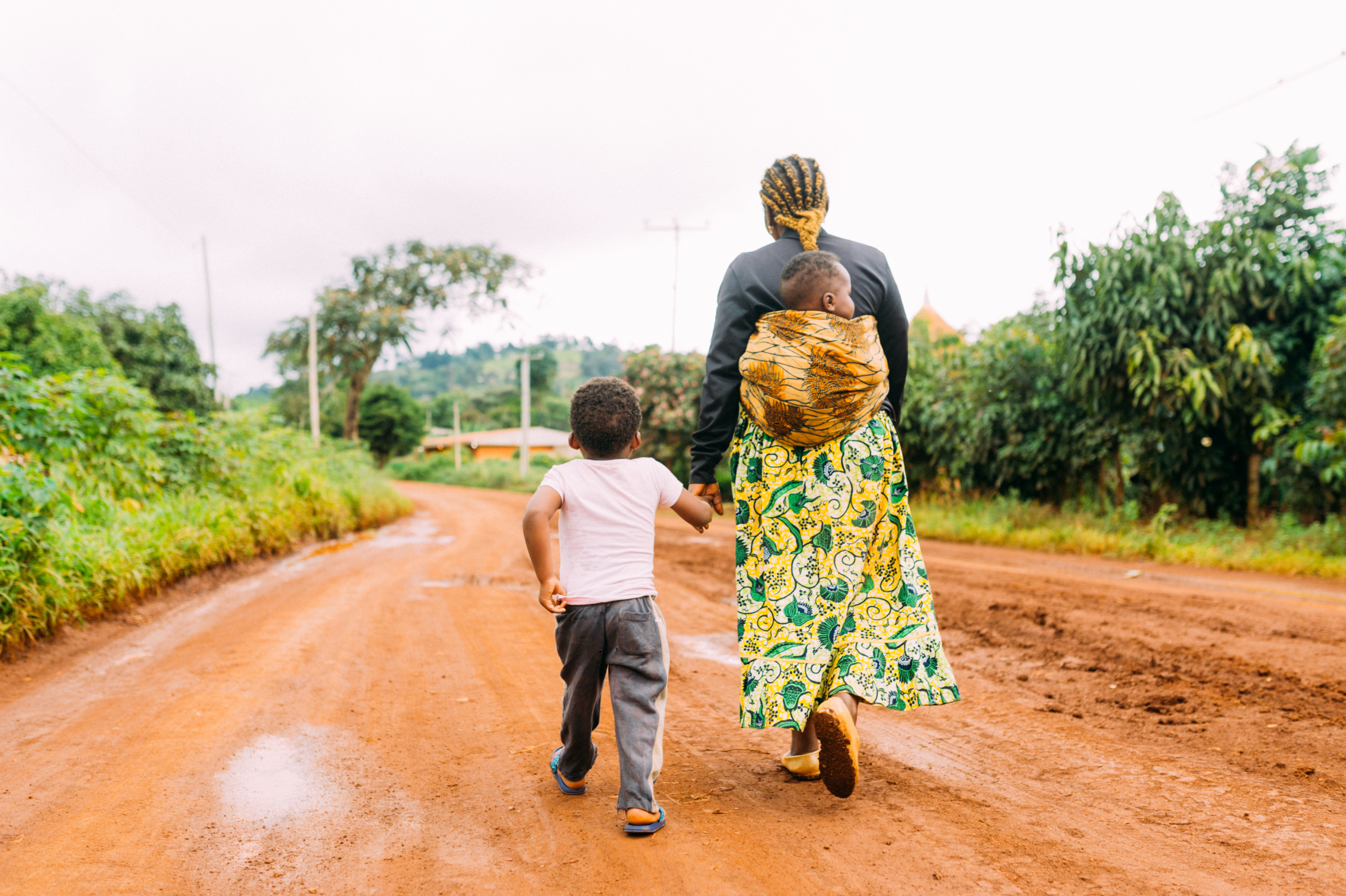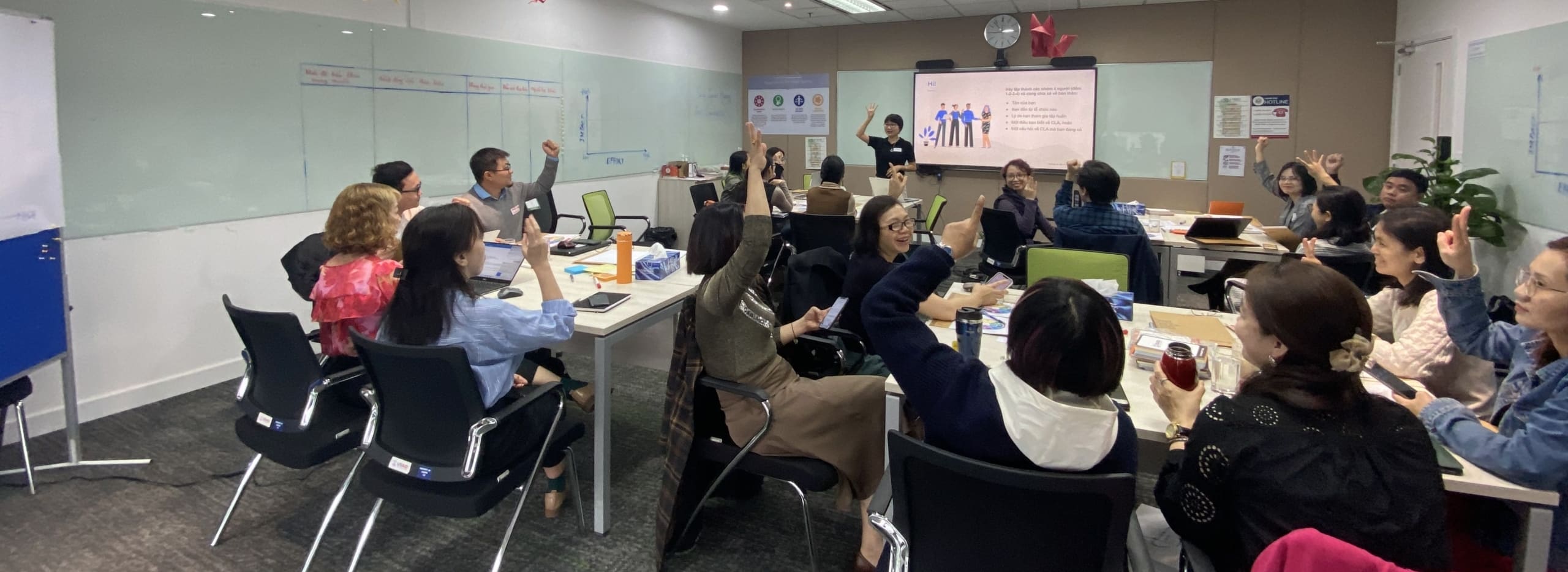Substantial progress had been made in early childhood education in Ghana in the last decade. Though gender parity at the primary level was attained in 2013 and retention rates are similar between girls and boys, over 600,000 primary school age children are not enrolled. Children with disabilities (nearly 20%) are not attending school and despite efforts to close the gender gap, girls face higher barriers to access, especially at the secondary level. The Making Ghanaian Girls Great (MGCubed) program is part of the United Kingdom’s Foreign, Commonwealth & Development Office-funded Girls Education Challenge and follow-on project implemented between 2014 and 2021. MGCubed was originally designed and delivered by the Varkey Foundation and since transferred to Plan International in 2019. The program aims to address educational challenges through the provision of distance learning infrastructure, teacher support, cash transfers, and afterschool life skills sessions with school age boys and girls. The Varkey Foundation contracted Social Impact to conduct the baseline and midline evaluations to determine the program’s effect on students and their communities.
The project operated on the assumption that the transition from primary to secondary school is the key to girls furthering their education and subsequently living healthy, fulfilled lives. MGCubed, therefore, sought to address barriers that prevent this transition such as insufficient funds, a preference towards funding boys’ education, and girls’ domestic responsibilities. Underlining these barriers are the interlinked issues of economic poverty and social norms held by a girls’ community.
MGCubed Assessments
MGCubed provided programming to marginalized girls from 72 participating schools (treatment group) in grades Primary 3-6 and Junior High School who were evaluated against 72 schools with no intervention (comparison group). To create and sustain transformative change, MGCubed addressed individual attitudes, as well as systems and community-level behaviors that contribute to a girl’s ability to overcome educational barriers. On the individual level, the program targeted literacy, numeracy skills, and successful transitions to higher grades by providing grade-specific lessons in Math and English as well as interactive sessions on careers, future aspirations, gender stereotypes, health, and more.
MGCubed engaged parents, community members and government stakeholders in a variety of ways including direct cash support to families for secondary school fees, and support to the Ministry of Education’s ongoing work promoting gender equity in education. The project also offered trainings for teachers and school heads to ensure quality instruction, supportive leadership, and enhance their capacity to recognize child protection and gender issues. MGCubed estimated that this training will subsequently benefit 14,400 girls directly, and 3,600 girls indirectly.
Under MGCubed, SI’s team conducted both an Early Grade Reading Assessment (EGRA) and a Secondary Grade Reading Assessment (SeGRA) at baseline and midline to test students’ literacy skills. The EGRA, which was tested orally, examined students’ ability to correctly identify letter sounds, read familiar words, and parse out nonsense words. The SeGRA, a written exam with three components, tested upper grade participants’ responses to analytical and inferential questions, and their ability to write a short essay.
Findings and Recommendations
The evaluation examined the difference in how treatment and comparison students performed over time. SI found that girls in the treatment schools achieved an increase in literacy scores 1.16 % points higher than that achieved by comparison girls, demonstrating the program had a small, but significant, impact. Participating girls improved their attendance over the course of the project (85% of enrolled girls were attending school by midline up from 81% at baseline), and 51% of the treatment girls demonstrated marked improvement in life skills, particularly in the areas of agency, and self-efficacy. Between baseline and midline, the likelihood of a beneficiary girl to transition successfully to the next class increased by 11% points, an approximately 5.5% point greater increase in transition as compared to the comparison girls.
Based on the evidence from baseline and midline data, SI’s team provided several recommendations for continuous improvement of MGCubed including incorporating additional math and native language curriculum, and tailoring lessons for students with disabilities or other barriers.









